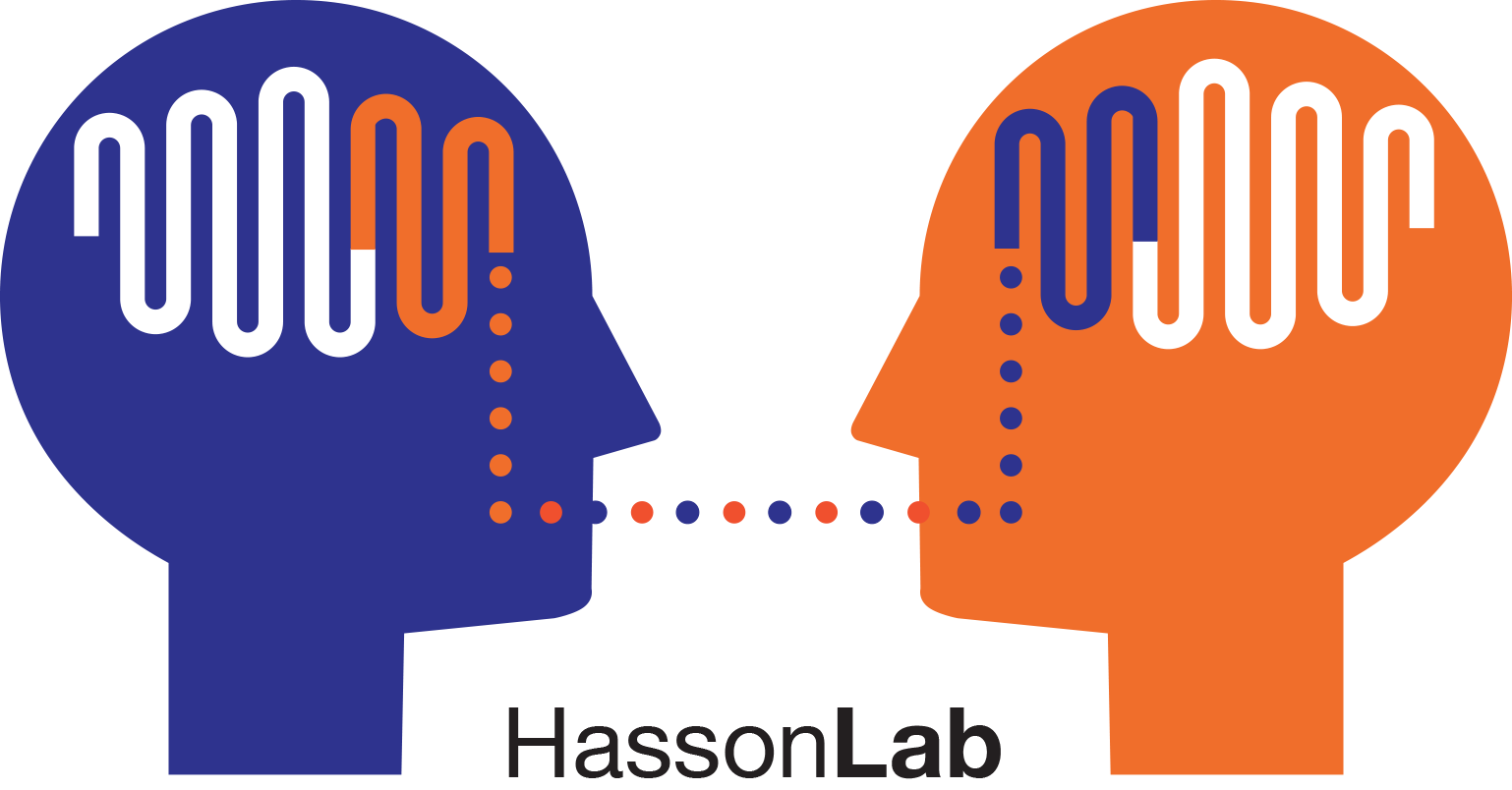Behavioral, Physiological, and Neural Signatures of Surprise during Naturalistic Sports Viewing.
Type
Surprise signals a discrepancy between past and current beliefs. It is theorized to be linked to affective experiences, the creation of particularly resilient memories, and segmentation of the flow of experience into discrete perceived events. However, the ability to precisely measure naturalistic surprise has remained elusive. We used advanced basketball analytics to derive a quantitative measure of surprise and characterized its behavioral, physiological, and neural correlates in human subjects observing basketball games. We found that surprise was associated with segmentation of ongoing experiences, as reflected by subjectively perceived event boundaries and shifts in neocortical patterns underlying belief states. Interestingly, these effects differed by whether surprising moments contradicted or bolstered current predominant beliefs. Surprise also positively correlated with pupil dilation, activation in subcortical regions associated with dopamine, game enjoyment, and long-term memory. These investigations support key predictions from event segmentation theory and extend theoretical conceptualizations of surprise to real-world contexts.

